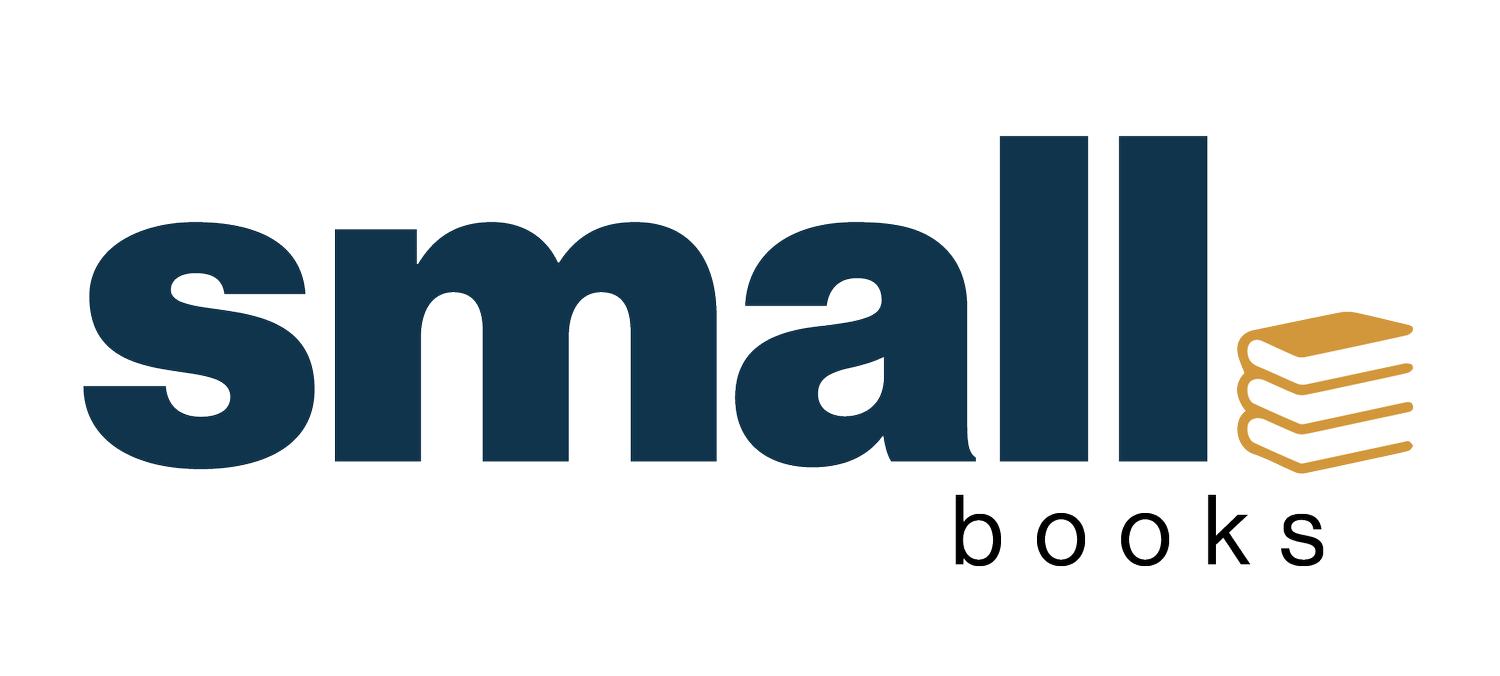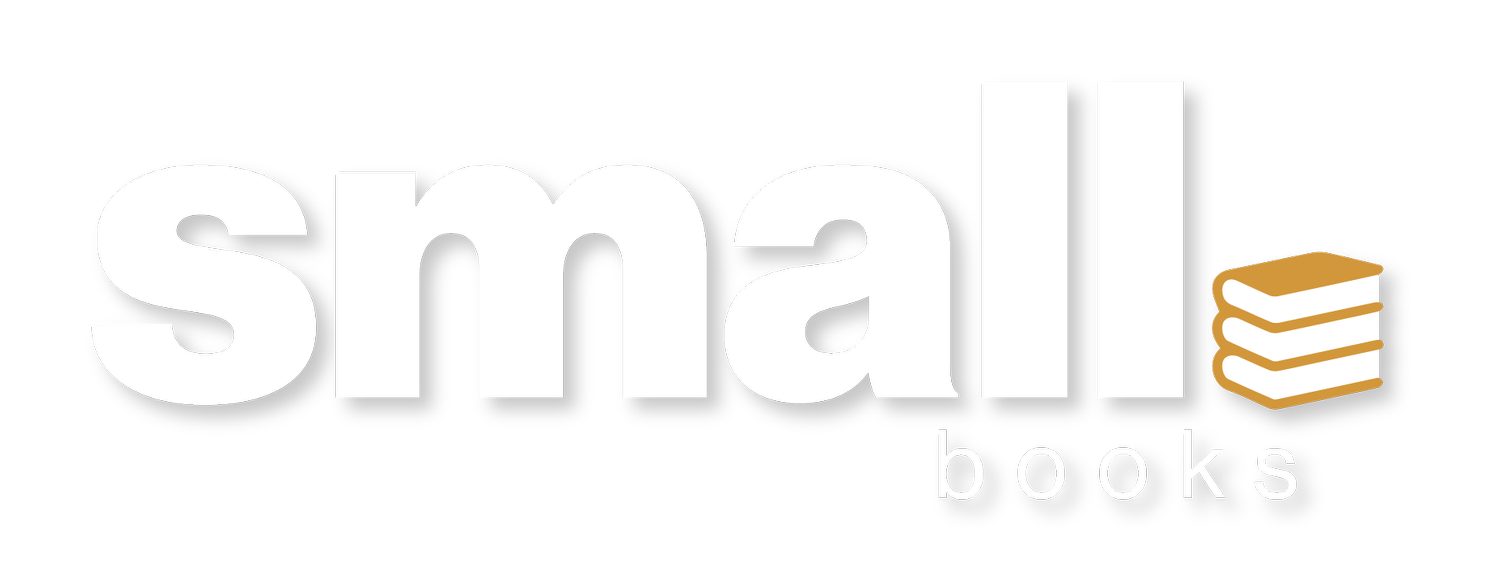Big Savings for Small Businesses: Claim Your Canada Carbon Rebate
This holiday season, Canadian small businesses have something extra to celebrate: The Government of Canada has announced the Canada Carbon Rebate for Small Businesses, a tax credit that will return an impressive $2.5 billion to approximately 600,000 Canadian-controlled private corporations (CCPCs).
The maximum rebate a small business can qualify for goes all the way up to $576,844; with the average business getting back $4,010! So, whether you have a small team or a growing workforce, this rebate ensures you get money back, just for doing business in eligible provinces.
The catch? You must file your 2023 tax return by *December 31, 2024* to qualify.
Curious about how much your business could receive? Let’s break it down and show you how to make the most of this opportunity!
Introduction to the Canada Carbon Rebate
The Canada Carbon Rebate for Small Businesses is a federal initiative designed to offset the financial impact of the carbon pricing system. This tax credit provides direct support to small businesses, recognizing their critical role in the Canadian economy. By the end of 2024, approximately $2.5 billion will be returned to Canadian-controlled private corporations (CCPCs), including Indigenous CCPCs with 1 to 499 employees.
Key Highlights:
Applicable to 8 provinces (see below) that have the federal carbon tax regime.
Return approx. $2.5 billion to small businesses by the end of 2024.
The tax credit amount will be equal to the number of persons employed by the eligible corporation in the province in that calendar year multiplied by a payment rate specified by the Minister of Finance for the province for the corresponding fuel charge year.
Eligibility Criteria
To qualify for the Canada Carbon Tax Rebate, your business must meet the following criteria:
Tax Compliance: First and foremost, businesses MUST be up-to-date with federal and provincial tax obligations and file a tax return for the 2023 tax year by July 15, 2024.
*On October 1, 2024, government proposed extending the deadline for filing corporate tax returns and still being eligible for the carbon tax rebate to December 31, 2024. Late filers would receive their payment at a later date, subject to the required legislation receiving Royal Assent.*
Size of Business: Must be classified as a small business (fewer than 500 employees)
Legal Business Type: You must have been a CCPC at all times
Location: Operate in provinces under the federal carbon pricing system:
Alberta
Saskatchewan
Manitoba
Ontario
New Brunswick
Nova Scotia
Prince Edward Island
Newfoundland and Labrador
How Much Can Your Business Receive?
The rebate amount varies depending on the province and the fiscal year. To help, we’ve included the Canada Carbon Rebate table below.
How it works:
Multiple the number of T4 slips issued in each fiscal year for your province of employment below to calculate your total rebate.
Important Notes:
Exclude T4A and T5 slips. Subcontractor slips (T4A) and dividends (T5) are ineligible.
The rebate amount is determined per employee, with rates varying annually and by province.
Rebate Table Courtesy of CRA Website
How to Receive Your Rebate
This part is important(!): You MUST have filed your 2023 tax return by December 31, 2024 in order to qualify. The Canada Revenue Agency (CRA) will calculate and issue the rebate to eligible businesses based on their T4 slips issued.
Key Dates:
December 16, 2024: Direct deposit payments issued.
December 31, 2024: Cheques mailed out.
Pro Tip: Ensure you’re registered for direct deposit via your CRA My Business Account to receive payments quickly and securely. If you prefer cheques, double-check that your mailing address is up to date.
Putting it all together
The Canada Carbon Rebate for Small Businesses is a fantastic opportunity to offset some of the financial pressures caused by carbon pricing. By returning a total of $2.5B in tax credits to eligible businesses, the program provides a significant boost to operational budgets and the Canadian economy.
To take full advantage of this rebate, make sure to:
Review your payroll records for the past five years.
Ensure all of your tax returns are up to date before December 31, 2024.
Double-check your CRA account details to confirm direct deposit or an updated mailing address.
With this tax credit, your business can alleviate financial stress, reinvest in growth, and thrive in a competitive environment.
Keeping your business records accurate and up to date is essential for not just this rebate, but for all your financial needs—and that’s where Small-Books comes in:
What is Small-Books?
The online bookkeeping service that gives you a dedicated bookkeeper supported by a team of knowledgeable small business experts. We’re here to take the guesswork out of running your own business—for good. Your bookkeeping team keeps your finances up-to-date and prepares financial statements for you every month; so you can see how your business is performing in real-time. We even take care of the tax filings -
from HST, to payroll, to income tax - so you can say goodbye to tax season stress, forever!
Frequently Asked Questions
-
No, it will be issued automatically to eligible businesses who have filed their 2023 tax returns by the deadline and have met all other eligibility.
-
Yes, provided they meet eligibility requirements and operate in a federal carbon-pricing province.
-
By December 16, 2024 (direct deposit) or December 31, 2024 (cheque).
-
Deputy Prime Minister and Finance Minister Chrystia Freeland announced that the Canada Carbon Rebate for small businesses will not be taxed.
-
No, it is specifically for Canadian-controlled private corporations (CCPCs). Sole Proprietors and other business types are not eligible.
-
Will this program continue beyond 2024?
This post is to be used for informational purposes only and does not constitute legal, business, or tax advice. Each person should consult his or her own attorney, business advisor, or tax advisor with respect to matters referenced in this post. Small-Books assumes no liability for actions taken in reliance upon the information contained herein.




